heritage tours
Sicily
Traveling to Sicily as part of a Muslim group offers a unique opportunity to explore the island’s Islamic past. Sicily’s history during the Arab rule from the 9th century is a captivating chapter of cultural exchange and prosperity. With fellow travelers, you can explore the remnants of this period in cities, witnessing the legacy of Islamic architecture, scientific advancements, and cultural influences that have left a lasting mark. This immersive experience allows you to connect with the rich history of Sicily from an Islamic perspective, deepening your understanding of the island’s multicultural heritage.
Why Choose Us?
A Journey of Faith, Friendship, and Fulfillment
Empowering you through shared learning experiences
Discover the joy of traveling with like-minded Muslims
Nurture your soul through adventure and discovery
Discover more about your destination
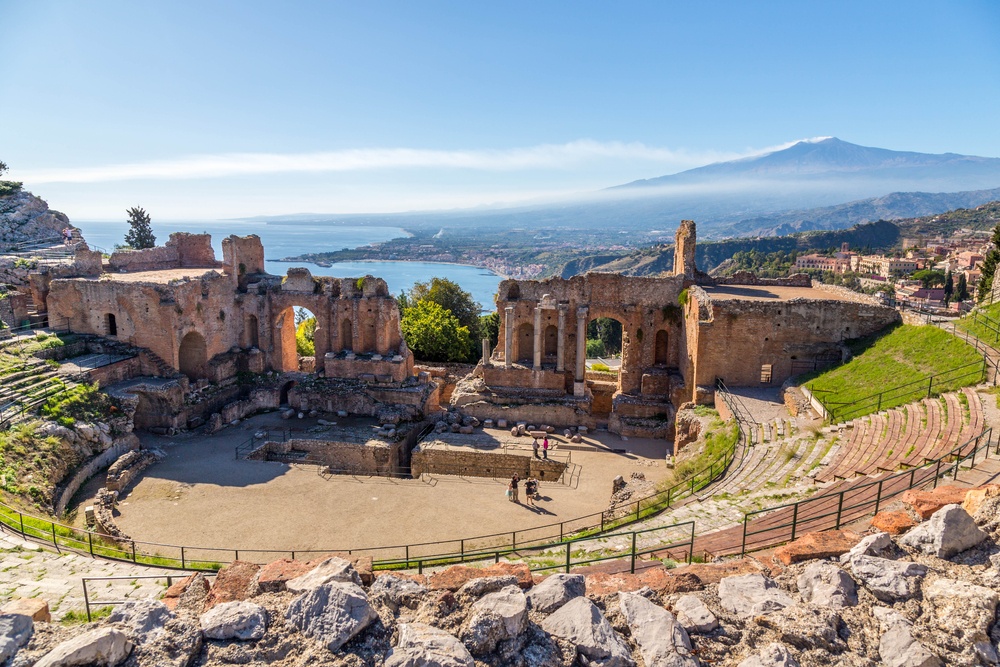
Taormina
Taormina, perched atop a hill on the east coast of Sicily, holds intriguing traces of its Islamic history. During the Arab rule of Sicily in the 9th and 10th centuries, Taormina was known as “Tauromenion” and played a pivotal role as an important fortress town. The Arab influence left an indelible mark on the town’s architecture, which is evident in its narrow winding streets, medieval buildings, and the distinctive use of Islamic geometric patterns in some of its structures. While Taormina’s history is predominantly characterized by Greek and Roman influences, the Islamic era contributes to the town’s rich tapestry of cultural heritage, offering a nuanced perspective on Sicily’s history as a crossroads of diverse civilizations
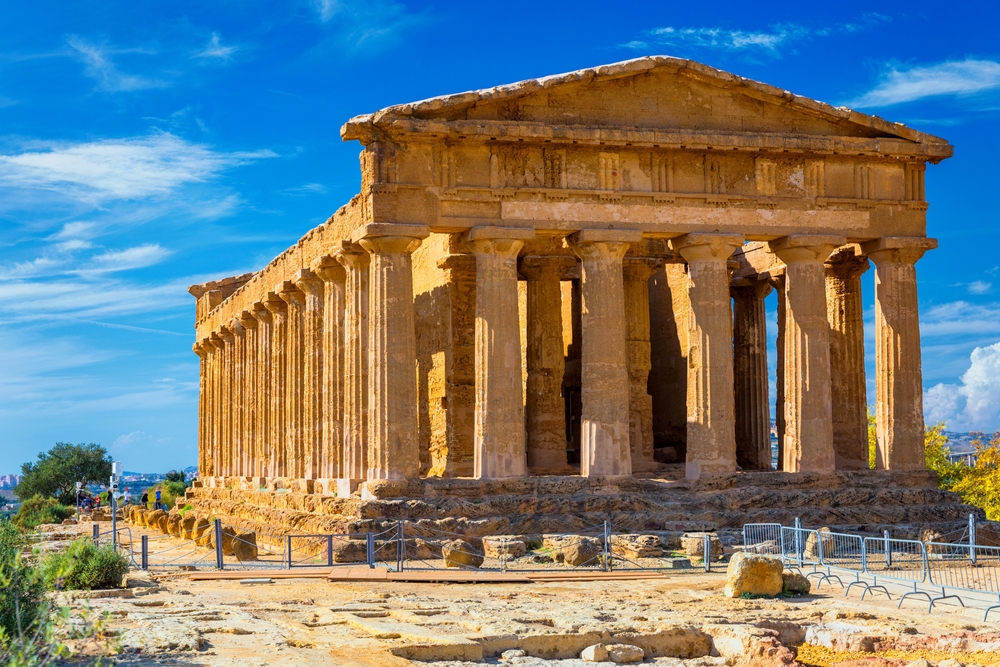
Agrigento
Agrigento, a historically rich city on the southern coast of Sicily, holds a unique chapter in Islamic history. During the early medieval period, the city was known as “Qal’at al-Girgan,” and it was under the rule of the Arab conquerors who established the Emirate of Sicily in the 9th century. Under their influence, Agrigento flourished as a center of culture, learning, and trade. Islamic rule left a lasting imprint on the city, with its architecture and urban planning reflecting a blend of Arabic and Sicilian influences. While the Arab presence in Agrigento eventually gave way to Norman rule in the 11th century, the legacy of Islamic history in the city is still visible today in its historic landmarks and cultural heritage, serving as a reminder of the vibrant and diverse history of Sicily
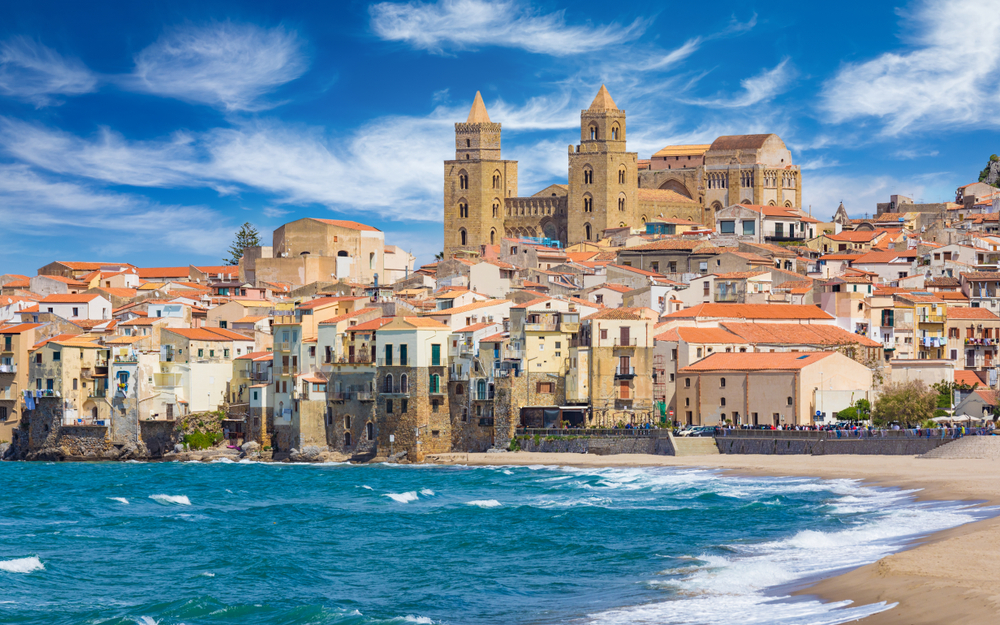
Cefalu
Cefalù, a picturesque town nestled on the northern coast of Sicily, bears traces of its Islamic history. During the Arab rule of Sicily in the 9th century, Cefalù was known as “Gafludi” and served as a thriving port and trading hub under Arab influence. The town’s architecture, including its well-preserved medieval streets and buildings, reflects the blend of Arab, Norman, and Byzantine styles that characterized this period. Perhaps the most iconic symbol of Cefalù’s Islamic past is the magnificent Cathedral of Cefalù, built in the 12th century. Its stunning architecture showcases elements of Islamic design, evident in its intricate geometric patterns and decorative motifs. Cefalù’s Islamic history contributes to the rich tapestry of the town’s cultural heritage, offering visitors a glimpse into the dynamic and diverse history of Sicily.
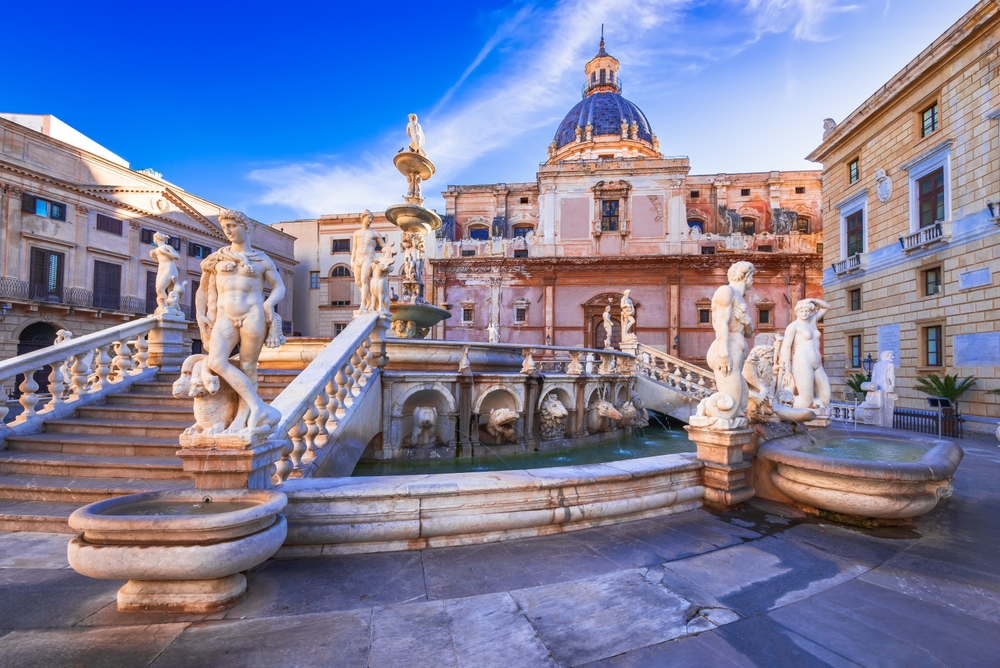
Palermo
Palermo, the vibrant capital city of Sicily, boasts a rich Islamic history that significantly shaped its cultural and architectural landscape. During the Arab rule of Sicily, particularly in the 9th and 10th centuries, Palermo was known as “Bal’harm” and served as a flourishing center of learning, trade, and art. The city’s architecture vividly reflects this era, with the stunning Arab-Norman Palermo’s historic center, a UNESCO World Heritage site, showcasing the fusion of Islamic and European influences. The iconic Palermo Cathedral, originally a mosque, and the breathtaking Palatine Chapel within the Royal Palace are emblematic of this heritage, featuring intricate Islamic designs and stunning mosaics. Beyond architecture, the Islamic legacy is seen in Palermo’s cuisine, language, and traditions, underscoring the profound impact of Arab culture on this remarkable Sicilian city.
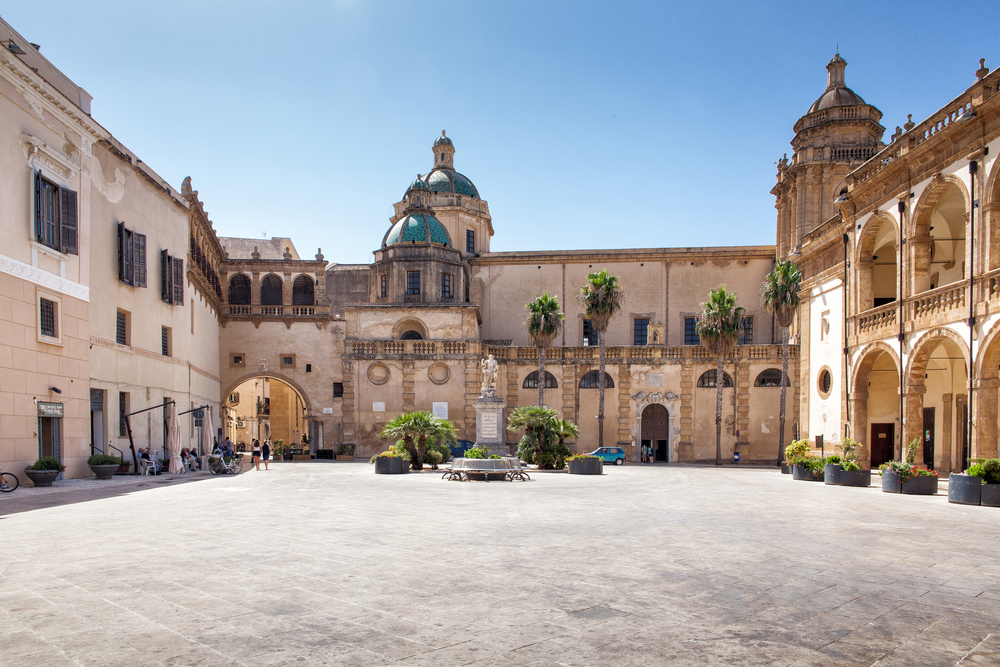
Mazzara der vallo
Mazara del Vallo, located along Sicily’s southwestern coast, offers a captivating blend of history, Mediterranean charm, and cultural diversity. This coastal town, with its roots dating back to ancient times, boasts a well-preserved historical center characterized by narrow winding streets, charming squares, and architectural gems like the Norman-Arab St. Ignatius Cathedral. Mazara del Vallo is renowned for its lively fisherman’s quarter, the Kasbah, where narrow alleys and whitewashed buildings evoke a North African ambiance. The town’s vibrant fish market showcases the daily bounty of the sea and provides a sensory feast for visitors. With its unique fusion of Sicilian and Arab influences, Mazara del Vallo stands as a testament to the rich tapestry of cultures that have shaped the island, offering a distinctive and immersive experience for those exploring its captivating streets and seaside vistas.
Travel Packages
COMING SOON
More Places
Africa
Egypt
Kenya
Morocco
Middle East
Palestine
Jordan
Saudi Arabia
Europe
Bosnia & Herzegovina
Sicily
Turkey
Spain
